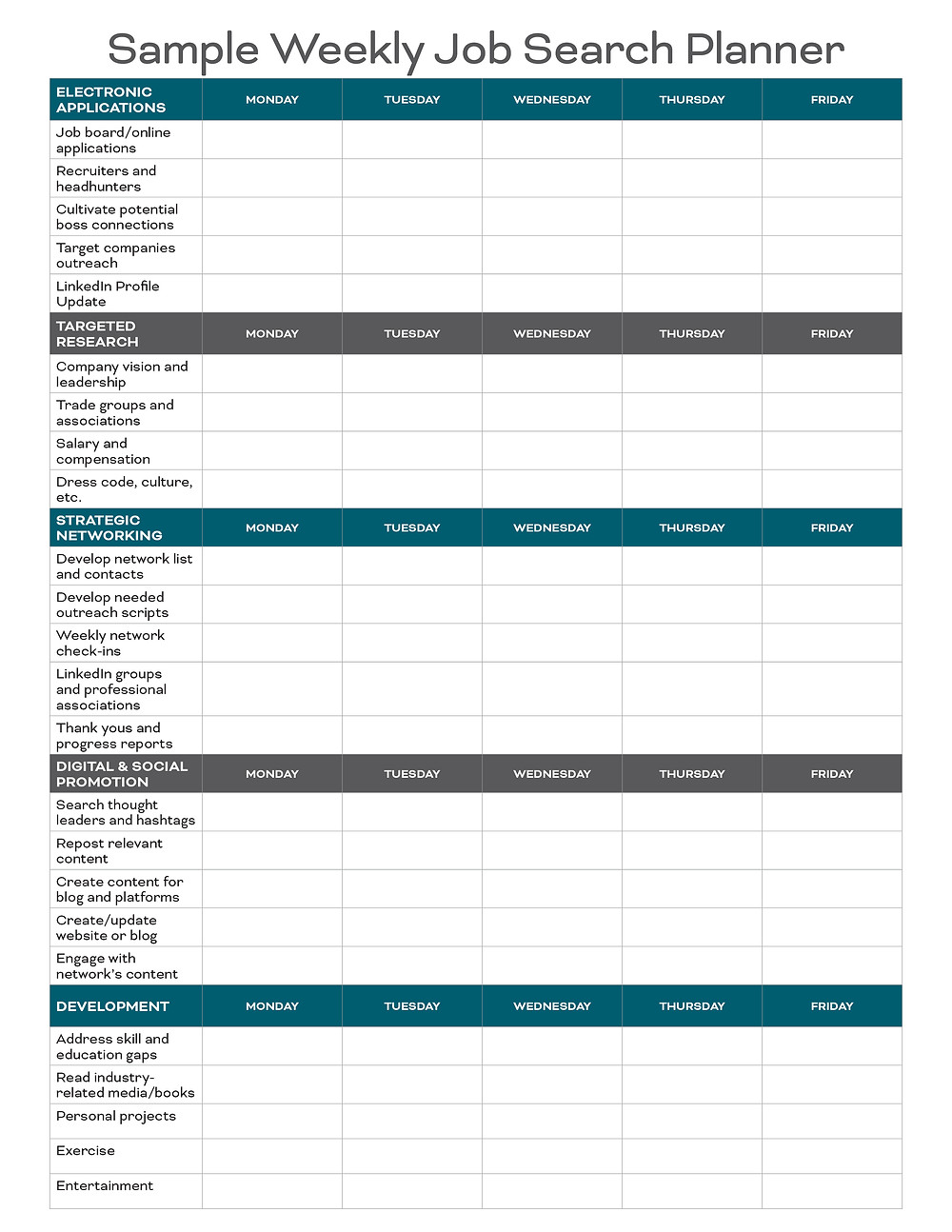
If you are looking for ways to excel in your job, there are several ways to go about it. One option is to volunteer to assist with complicated spreadsheets. Volunteer for tasks that require advanced Excel skills, such as finding the shortest distance between two points. Volunteer to create spreadsheets for Excel-experienced coworkers. You can learn more from Excel by making mistakes.
10 ways to excel in your job
It is essential to plan ahead if your goal is to excel in your job. Before you attend meetings or other important events, it is important to have a plan. You will be able to show your employer you are organized and enjoy what you do. Additionally, this will demonstrate that you are meticulous about details and can think independently.
For long-term career success, it is important to be successful in your job. Your job description will detail your responsibilities as well as the organizational goals. Make sure you are bringing your best self to work every day.

Prerequisites required to enroll in an Excel class
Excel classes are great for anyone who is new to Excel. This course will teach you Excel basics, improve your Excel proficiency, and help you understand the workflow in your workplace. Chris Dutton (Microsoft Certified Best-Selling Instructor) will teach the course. It also includes downloadable resources and live online demos.
Advanced techniques for creating charts and tables as well performing multiple what-if data analysis will be covered. The advanced features of Excel's PivotTables and add-ins will be covered, as will conditional formatting and data transformation. You will also learn how you can highlight duplicate entries and how you can use the consolidation function.
Learning curve
Professional success requires you to learn the latest skills and stay current with workplace trends. This is true for both new and experienced professionals. The goal is to differentiate yourself from the competition. While the learning curve may be challenging, you should view it as an opportunity to succeed in the workplace.
A learning curve is uncomfortable for many people, so the best way to deal with it is to identify your natural aptitudes. Are you more comfortable being in risky situations than others? Are you more likely to suffer from loss aversion? Are you more likely to become frustrated than to learn?

Getting feedback from your boss
Feedback can be a powerful tool in improving your performance, and helping you complete tasks faster. You can also use it to improve your skills, expand your responsibilities and help you grow. The feedback you receive will vary depending on how your workplace is run. Managers and employees are likely to be more open and relaxed in small teams. They may also share more information and have a greater willingness to interact.
Getting feedback from your manager can help you improve your performance and align your goals with the company's. It can also help you avoid making mistakes that may cost you your job. It is possible to ask your manager for feedback after important meetings or presentations.